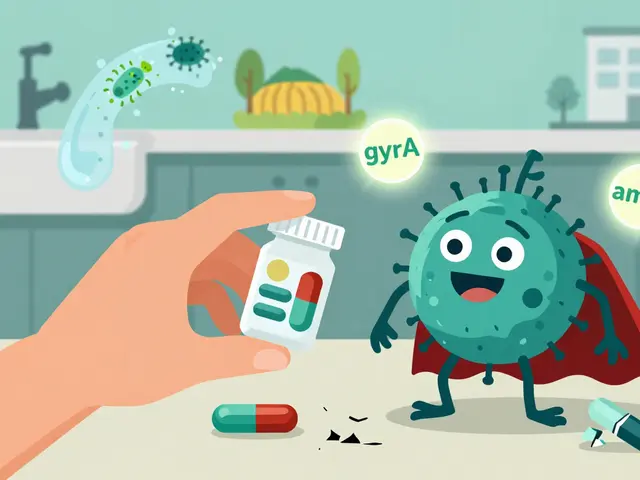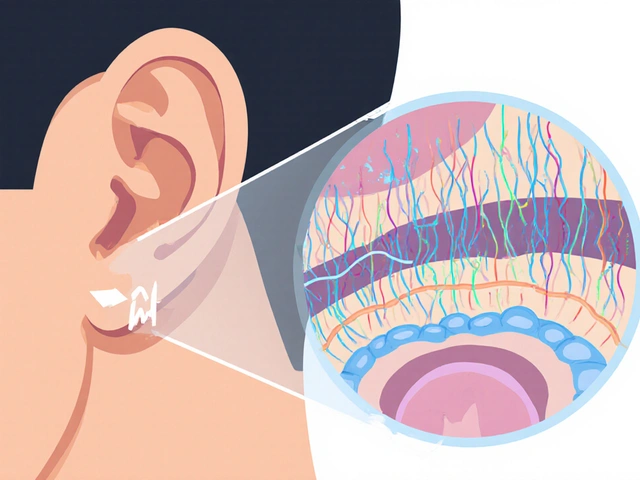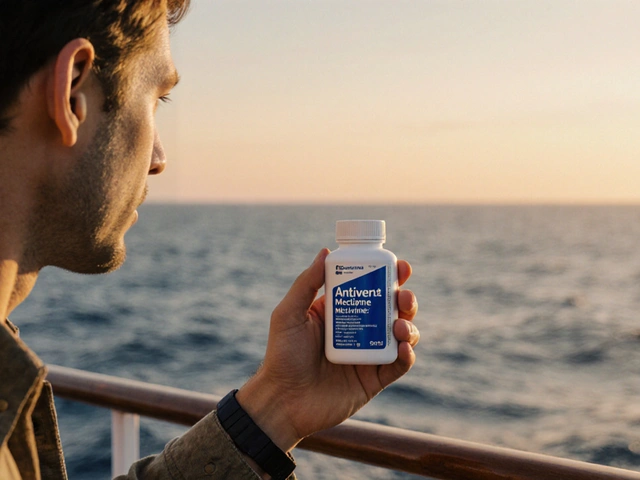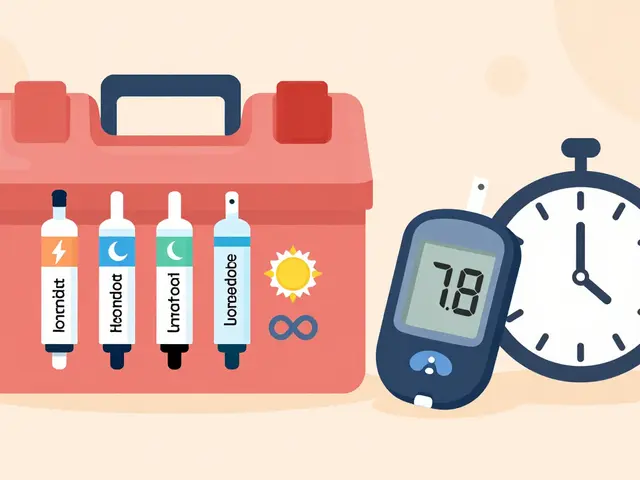Alcohol and Leakage: Understanding the Connection
When talking about alcohol and leakage, the tendency to experience unwanted urine flow after drinking alcoholic beverages. Also known as drinking‑induced incontinence, this issue often surprises people who think a night out can’t affect their pelvic floor. In reality, alcohol interferes with the nerves and muscles that keep your bladder sealed, and it can also amplify other risk factors.
The first related factor most people overlook is urinary incontinence, the involuntary loss of urine that ranges from occasional dribbles to frequent leaks. Alcohol is a known bladder irritant; it reduces the amount of antidiuretic hormone (ADH) released by the pituitary gland, which means your kidneys produce more urine. More urine plus a relaxed sphincter = higher chance of leakage. This simple cause‑and‑effect chain explains why a single cocktail can feel like a full‑bladder alarm.
How Alcohol Impacts Overall Bladder Health
Beyond the immediate leak, regular drinking can undermine bladder health, the overall condition of the urinary reservoir and its supporting muscles. Chronic irritation leads to overactive bladder symptoms—urgency, frequency, and nocturia. Think of the bladder as a balloon: if you keep inflating it too fast, the rubber eventually loses its elasticity. Studies show that people who consume more than three drinks per day have a statistically higher risk of developing overactive bladder compared to nondrinkers.
Dehydration is another hidden player. Alcohol is a diuretic; it pulls water out of your body, leaving you thirsty but also prompting your kidneys to work overtime. When you’re dehydrated, the urinary tract lining can become irritated, making the bladder more sensitive to any volume changes. This is why you may notice a sudden urge to go after a few drinks, even if you haven’t taken in much liquid. Maintaining proper hydration can blunt this effect, but it’s a balancing act because over‑hydrating while drinking can also increase leak risk.
Medication side effects intersect with alcohol in surprising ways. Many prescription drugs—especially diuretics, antihistamines, and certain antidepressants—already affect urine production or sphincter tone. Adding alcohol can amplify these effects, leading to unexpected leakage. For example, antihistamines like Meclizine (Antivert) can cause dry mouth and reduced bladder sensation; combine that with alcohol’s diuretic action and you’ve set the stage for a leak. Understanding how your meds interact with alcohol is crucial for anyone dealing with urinary issues.
Lastly, the body’s stress response plays a role. Acute alcohol intake can trigger inflammation and alter immune function, which may exacerbate urinary tract infections (UTIs). A UTI can itself cause urgency and leakage, creating a feedback loop where one episode leads to another. If you’ve ever felt unusually fatigued after a bout of UTIs, you’re not alone—research links post‑UTI fatigue to lingering inflammation, and alcohol can keep that inflammation humming.
All these pieces—bladder irritation, dehydration, medication interactions, and infection risk—fit together like a puzzle. Knowing the connections helps you make smarter choices: limit the number of drinks, stay hydrated with water, check with your doctor about how your meds respond to alcohol, and watch for early signs of urinary trouble. Below you’ll find a curated list of articles that dive deeper into each of these angles, from managing overactive bladder to buying safe generic meds online. Whether you’re looking for quick tips or a thorough medical comparison, the collection below offers practical guidance to keep your bladder under control while you enjoy life responsibly.

How Alcohol Consumption Triggers Urine Leakage and What to Do About It
Discover how alcohol affects the bladder, why it can cause urine leakage, who’s most at risk, practical prevention tips, and when to see a doctor.
View More




